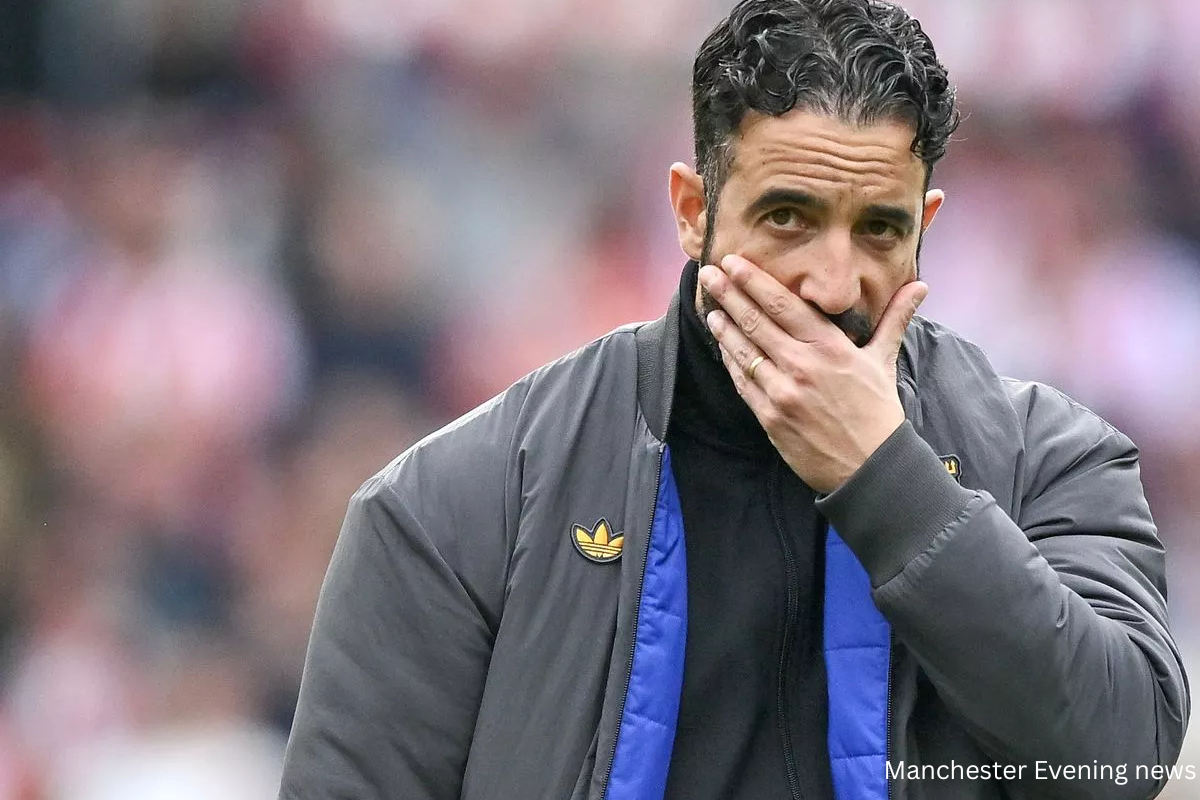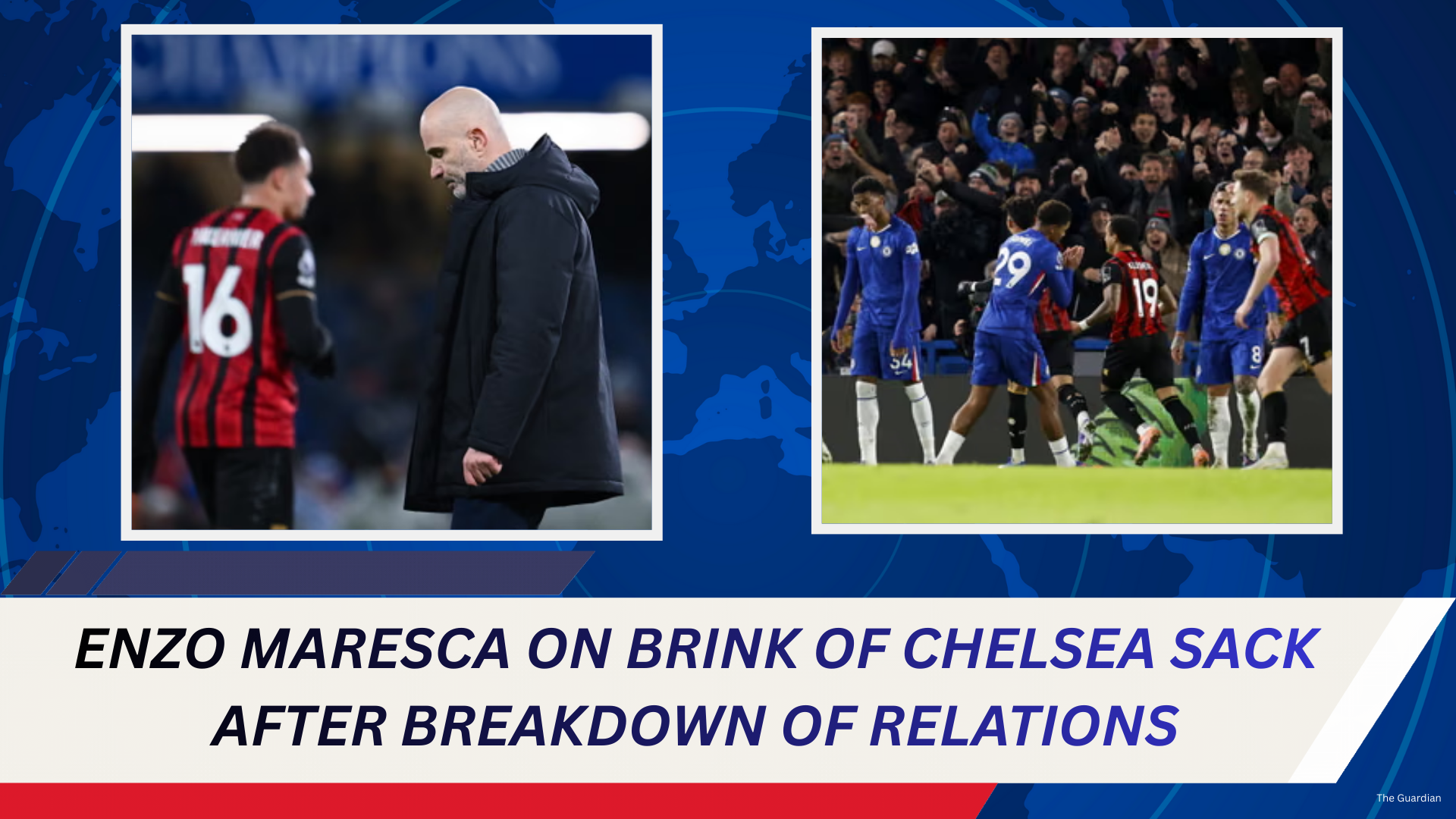Manchester United were reportedly on the verge of signing England Under-21 striker Liam Delap, only for a last-minute U-turn to see the young forward join Chelsea instead. The £30 million release clause in Delap’s Ipswich contract, triggered by the club’s relegation, made the transfer a straightforward prospect for United. Sources indicate the deal was “90% done,” but the lure of Champions League football ultimately convinced Delap to move to Stamford Bridge.
The Red Devils had hoped to secure Delap following a strong season at Ipswich, where his performances earned him widespread recognition. The signing would have bolstered United’s attacking options, particularly after missing out on direct Champions League qualification, having fallen short in the Europa League final against Tottenham in Bilbao. Despite this setback, United managed to attract several high-profile players, including Matheus Cunha, Bryan Mbeumo, and Benjamin Sesko, who were signed early in the transfer window.
However, Delap’s decision to join Chelsea illustrates the importance of European football in shaping players’ career choices. The Chelsea move guarantees him exposure on the continent’s biggest stage, a factor that weighed heavily in his decision after Ipswich’s relegation. For United, missing out on Delap represents the first significant gap in their summer recruitment strategy and could have wider implications for their squad planning.
At Chelsea, Delap wasted no time making an impact. He scored in a Club World Cup group stage victory over Esperance, demonstrating his knack for rising to big occasions. Yet, his Premier League campaign has been hampered by a hamstring injury sustained against Fulham in August, preventing him from featuring consistently for the Blues. Chelsea may choose to delay his return until November or beyond, prioritizing his long-term fitness and ensuring he integrates fully before being thrust back into top-flight competition.
United, meanwhile, have focused on integrating Benjamin Sesko as their marquee forward signing. Sesko, a Slovenian international, took six appearances to score his first Premier League goal, though three of those outings were from the bench. Once he found the net, Sesko quickly followed up with a second goal in the final match before the international break, helping Manchester United climb into the upper half of the table. Manager Ruben Amorim praised the striker’s perseverance: “Of course, he was anxious for his first goal. The thing I like most in Ben is, even when things are hard for him with the ball, he is working hard in every minute of the game. That is the most important thing in the moment.”
The missed opportunity to sign Delap highlights the challenges United face in competing with top clubs for young talent. European football remains a critical factor for players considering moves, and Chelsea’s Champions League involvement gave them a competitive edge. United’s recruitment strategy will need to adapt, particularly with high-profile fixtures approaching, including their upcoming trip to Liverpool, which promises a stern test for Amorim’s side.
Delap’s transfer underscores a broader trend in modern football, where young talents weigh playing time, development opportunities, and continental exposure heavily when choosing clubs. While United offered a significant role in their squad, the promise of immediate Champions League football at Chelsea proved decisive. The English striker’s move also strengthens Chelsea’s attacking depth as they aim to challenge at the top of the Premier League and in European competitions.
For United, integrating Sesko and other recent signings will be crucial as they navigate the rest of the season. While Delap’s absence is a setback, the club remains competitive domestically and will look to solidify their attacking options with existing squad members. Sesko’s gradual introduction demonstrates the patience required to develop young talent while maintaining team performance at the highest level.
Chelsea, on the other hand, can be optimistic about Delap’s contribution once he regains full fitness. His early goal in the Club World Cup is a promising sign, and the club will be eager to see him replicate that form in the Premier League. With the forward still adjusting after his injury, management may adopt a cautious approach to reintegration, ensuring he is fully prepared for the demands of top-flight English football.
The saga also illustrates the thin margins in high-profile transfers. A deal “90% done” can unravel due to a combination of timing, player preferences, and external factors like European football opportunities. United’s failure to secure Delap may serve as a lesson in managing negotiations more proactively, especially when competing against clubs with current Champions League status.
As both Manchester United and Chelsea continue their respective campaigns, the consequences of this transfer decision are likely to become clearer. United must rely on Sesko, Cunha, and other attacking talents to bridge the gap, while Chelsea aim to integrate Delap into their long-term plans. For Delap himself, the move represents an opportunity to establish himself at a club competing at the highest levels, fulfill personal ambitions, and make an immediate impact on one of Europe’s most prestigious stages.
%20(4).png)




.png)

.png)
.png)
